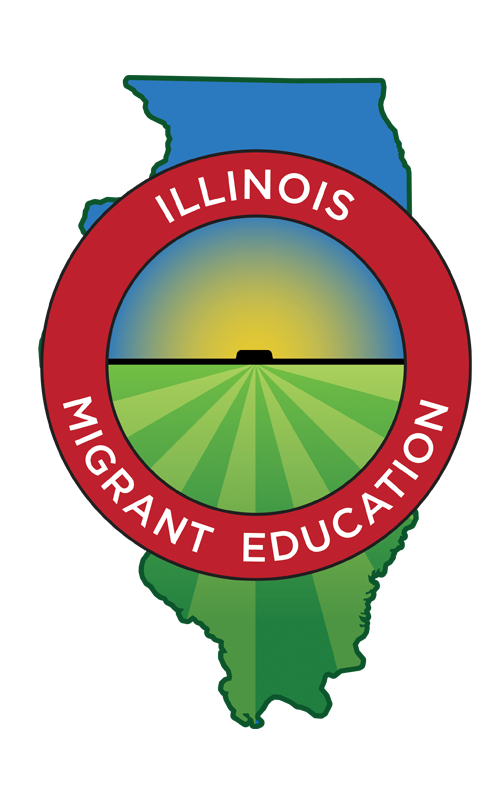About the Illinois Migrant Education Program

The Migrant Education Program (MEP) provides educational assistance and support services to migratory children. The program funds projects in districts with documented migratory student populations. MEP projects supplement regular school programs. During the summer, summer school programs provide comprehensive academic and support services.
Program Purpose
The Migrant Education Program (MEP) is a federally funded program authorized under Title I, Part C, of the Every Student Succeeds Act (ESSA).
The purpose of the MEP is to:
- Support high-quality and comprehensive educational programs for migratory children in order to reduce the educational disruption and other problems that result from repeated moves.
- Ensure that migratory children who move among the states are not penalized in any manner by disparities among the states in curriculum, graduation requirements, and state academic content and student academic achievement standards.
- Ensure that migratory children are provided with appropriate educational services (including supportive services) that address their special needs in a coordinated and efficient manner.
- Ensure that migratory children receive full and appropriate opportunities to meet the same challenging state academic content and student academic achievement standards that all children are expected to meet.
- Design programs to help migratory children overcome educational disruption, cultural and language barriers, social isolation, various health-related problems, and other factors that inhibit their ability to do well in school, and to prepare them to make a successful transition to postsecondary education or employment.
- Ensure that migratory children benefit from state and local systemic reforms.
Eligible Children
Trained recruiters interview families to determine each child’s eligibility for the Migrant Education Program. To qualify for the program, a migratory child must have moved due to economic necessity within the last three years across a school district line with a parent/guardian/spouse who is a migratory worker, or on his/her own as a migratory worker.
Migratory workers must have moved within the last three years across a school district line and engaged in qualifying work soon after their move. Qualifying work must be directly related to one of the following:
- Planting, harvesting or processing of crops, dairy products, poultry or livestock.
- Catching or processing of fish or shellfish.
Children and youth under 22 who have not graduated from high school or obtained an equivalent diploma may be eligible.
Priority for Services
Services must first be provided for migratory children who have either:
- Made a qualifying move in the previous one-year period and are failing, or most at risk of failing, to meet the challenging state academic standards.
- Dropped out of school.
Funding
Funds may be used for supplemental educational and ancillary services for migratory children, including:
- Preschool programs.
- Summer school.
- Tutorial support during the regular school year.
- Secondary services to help high school students graduate.
Other activities include:
- Identification and recruitment of students.
- Student record exchange and information transfer with other states.
- Health services.
- Parent involvement initiatives.
- Professional development for school personnel.
Contact Us
Illinois Migrant Education ProgramNorthern Illinois University
Center for P-20 Engagement: MEP
Lowden Hall 307
1425 W. Lincoln Hwy
DeKalb, IL 60115
IMES@niu.edu
